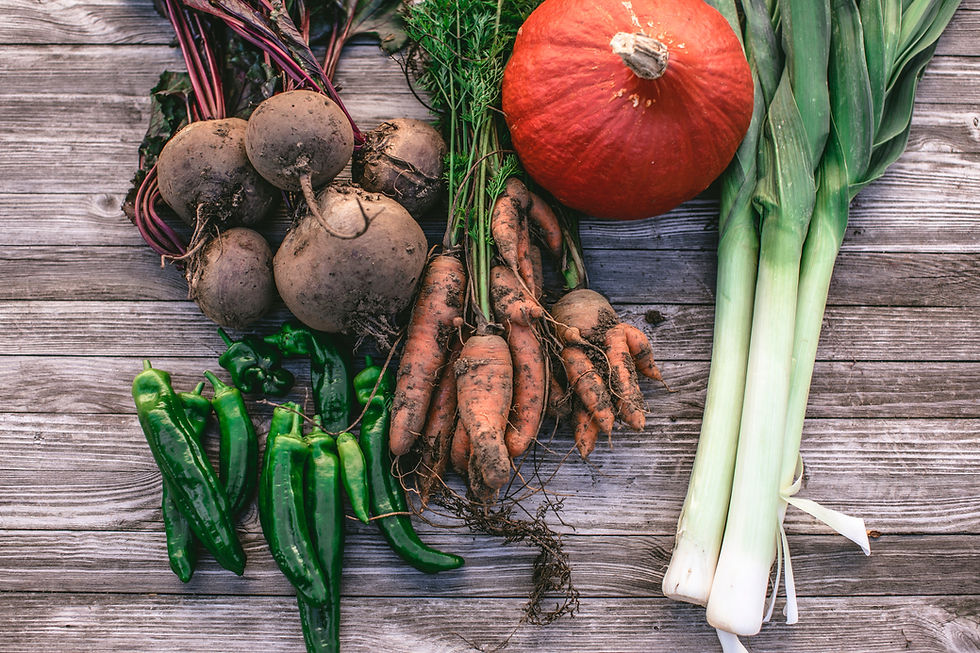
Grow
How will we feed 9 Billion by 2050?
The current industrialized food system feeds 7.2 billion people, of which more than 50% live in cities and only 3% are involved in the production of their own food. With natural resource scarcity, flattening yields, loss of biodiversity, changing climate, and booming urban populations, our current food system is rapidly approaching its natural limit.
With more people becoming urbanites, if cities can cultivate, prepare, and distribute more of their own food this will be a major step in making agricultural systems more sustainable, including reducing food-related greenhouse gas emissions and closing nutrient cycles.
I’m interested in local grow food solutions, in tools that engage/facilitate learning and knowledge transfer, nurturing/building communities around it acting as a disruptive agent to create for discussion. From beginners to experts, from youngsters to elders… Pairing Technology with Food Production and Education to explore the social aspects of Learning.
Without food there is no tomorrow, without knowledge transfer there is no prosperity! This project aims to design a grassroots urban farming system that is simple and scalable, promoting community values, learning environment and knowledge transfer.
“We shape our tools and thereafter our tools shape us.”
– Marshall McLuhan

Engage / Connect / Educate
An Information Appliance that enables a DIY approach to grow your food. Measure light, temperature, level of fertilizer and soil humidity or water reservoir level: connecting you in real time to your plant's health. You know precisely what it needs (create an interface.) Linked to a database of plants, for which you are given personalized advice. (Optional) All the data collected is sent to your smartphone or personal computer.
What is this?
It’s an information appliance, a smart gardening tool that knows exactly what is going on with your plants and assists you at each step to make sure your plants are healthy.
It consists of one or more apliances (will allow to build your network of apliances) and (optional) a mobile application downloadable on any smartphone, etc…
What will I do with these?
Once you plant something and connect it with the “food stick”, your mobile app becomes your personal Gardening Assistant (not using a smartphone would be the desirable goal). Here's what you can do with it:
•Help step by step on how to grow food, a plant or herbs.
• Monitor its ‘well being’.
• Be part of a community.
How does it do that?
This information appliance has sensors that detect sunlight, soil moisture and electrical conductivity. These are the three most critical 'vitals' that indicate a plant's well being - does it have enough sunlight, water? Is the soil too acidic?
What if despite all this, my plant looks sick?
The “Food Stick” app gives you preventive information so that your plants are healthy. However, if your plant still looks sick, you can always share your problems with other users on “Food Stick” Community through the app. As the number of users increase, the app will learn from data from thousands of “Food Sticks” and offer you more and more intelligent suggestions.
So it is great for beginners. What about advanced gardeners?
If you have never grown your food, this is reason enough to begin. If you already grow your own food, you can take your understanding to the next level. Imagine how much richer discussions on plants will be, with quantified data along with your practical experience. It will also help you diagnose other people's problems better. Creating a space for discussion within the community.
Why this idea?
Some of us come from small towns where we used to have kitchen gardens at home, and actually grew up on fresh and healthy food. But this is an experience difficult to replicate in cities, where we are now. When we try growing food ourselves, we fail, because it was really hard to make sense of what was going on with our plants. Information on internet is not always relevant to our plants and our geographies. And experts are not always easy to find. Work and family commitments makes it even more difficult to keep up with it. These challenges, eventually, lead to “Food Stick”.
The “Food Stick” starts to evolve, from a solution to a vision - of an urban farming system that is simple, scalable and promotes community values, learning and knowledge transfer.